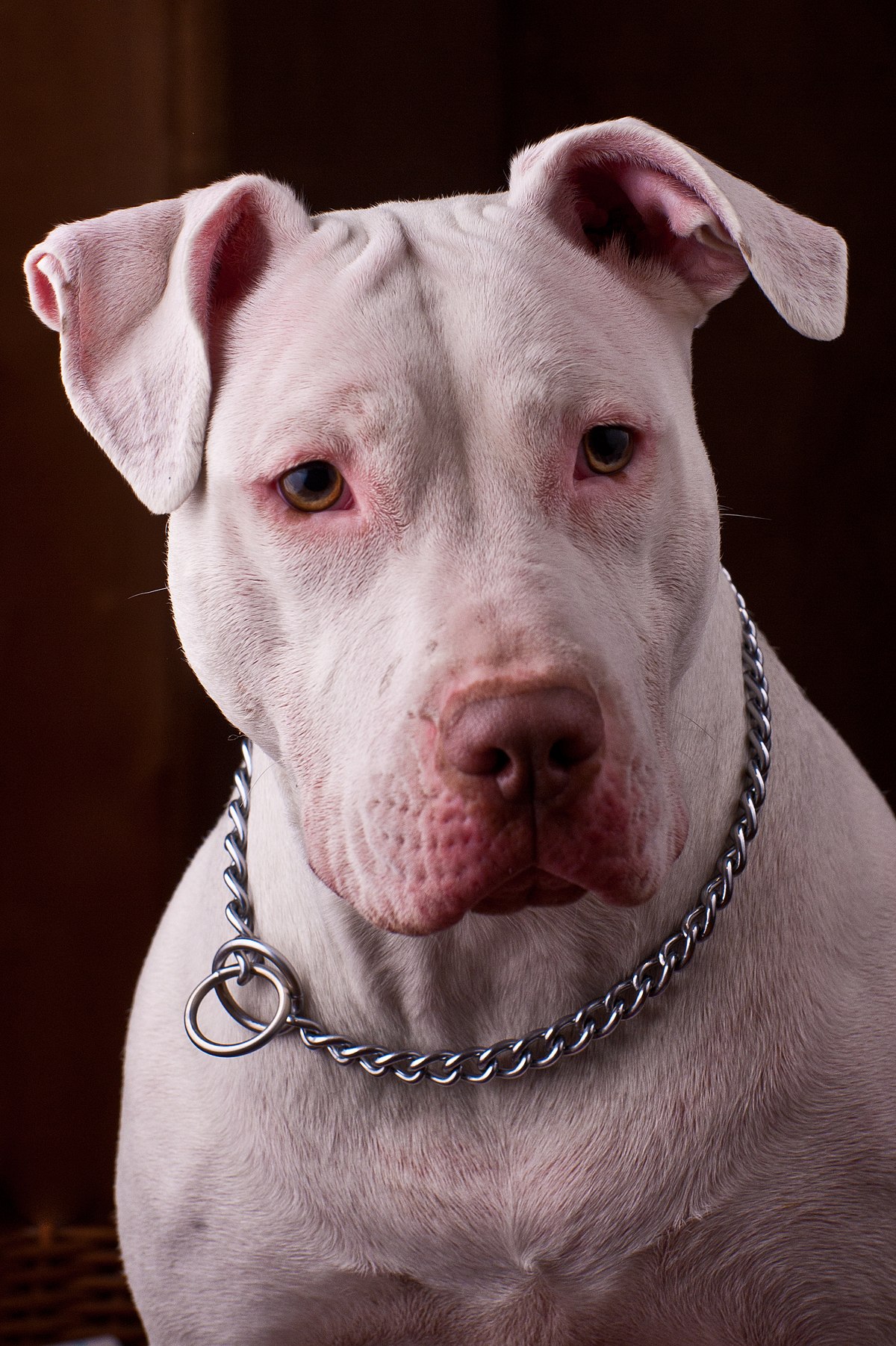Pitbull: The Power And Passion Behind The Breed
When you hear the word "pitbull," what comes to mind? For many, this breed evokes a mix of admiration and fear, often due to the misconceptions that have surrounded them over the years. Understanding the true nature of pitbulls is essential to dispelling these myths and appreciating their unique characteristics. These dogs are known for their strength, loyalty, and intelligence, making them one of the most misunderstood breeds in the canine world.
It’s important to recognize that pitbulls are not just one breed; instead, they represent a group of breeds, including the American Pit Bull Terrier, American Staffordshire Terrier, and Staffordshire Bull Terrier. Each of these breeds shares similar traits, such as a muscular build and a loving disposition towards their families. These dogs have long been associated with various roles in society, from working dogs in farms to beloved family pets.
By learning more about pitbulls, we can better appreciate their qualities and the responsibilities that come with owning one. As we delve into their history, traits, and care requirements, we will also address the common questions surrounding this breed. With the right information, potential owners can make informed decisions and create a loving environment for their pitbull companions.
What is the History of the Pitbull Breed?
The history of the pitbull breed traces back to the early 19th century in England, where these dogs were originally bred for bull-baiting. After the practice was outlawed, breeders focused on creating a loyal and versatile companion. They were used for various tasks such as hunting, farm work, and even as family pets. The history of pitbulls showcases their resilience and adaptability, traits that have made them popular across different cultures and societies.
What Are the Common Traits of Pitbulls?
Pitbulls are known for several physical and behavioral traits that set them apart from other breeds. Here are some key characteristics:
- Physical Strength: Pitbulls are muscular and powerful, with a strong jaw and sturdy build.
- Intelligence: This breed is known for its high intelligence, making them relatively easy to train.
- Loyalty: Pitbulls are incredibly loyal to their families and often form strong bonds with their owners.
- Playfulness: They have a playful nature, making them great companions for families with children.
How Do I Care for a Pitbull?
Caring for a pitbull involves more than just providing food and shelter. Here are some essential care tips:
- Proper Nutrition: A balanced diet is crucial for your pitbull's health.
- Regular Exercise: Ensure your pitbull gets plenty of physical activity to keep them fit and happy.
- Socialization: Expose your pitbull to different environments, people, and other animals to foster good behavior.
- Routine Vet Visits: Regular check-ups will help keep your dog healthy and catch any potential issues early.
What Are the Most Common Myths About Pitbulls?
Despite their many positive traits, pitbulls are often misunderstood. Here are some common myths and the truths behind them:
- Myth 1: Pitbulls are inherently aggressive.
- Truth: Aggression is a result of poor training and socialization, not the breed itself.
- Myth 2: Pitbulls are dangerous around children.
- Truth: With proper training and supervision, pitbulls can be wonderful companions for children.
How Can I Choose the Right Pitbull for My Family?
Choosing the right pitbull involves careful consideration of several factors:
- Age: Puppies require more time and patience for training, while adult dogs may come with established behaviors.
- Temperament: Meet the dog in person to assess their behavior and compatibility with your family.
- Health Status: Ensure you are adopting or purchasing from a reputable source that provides health clearances.
What Should I Know About Training a Pitbull?
Training a pitbull can be a rewarding experience, but it requires consistency and patience. Here are some tips for effective training:
- Positive Reinforcement: Use treats and praise to encourage good behavior.
- Socialization: Expose your pitbull to various situations and people from a young age.
- Consistency is Key: Establish clear commands and routines to help your pitbull understand expectations.
Are Pitbulls the Right Breed for You?
Deciding whether a pitbull is the right breed for you involves considering your lifestyle and ability to meet their needs. Here are some questions to ask yourself:
- Do I have enough time for training and socialization?
- Am I prepared for the exercise needs of a pitbull?
- Can I provide a safe and loving environment for my new companion?
Conclusion: Embracing the Pitbull
In conclusion, pitbulls are a breed filled with strength, loyalty, and love. By understanding their history, traits, and care requirements, we can break down the misconceptions that surround them. With proper training, socialization, and love, a pitbull can be a wonderful addition to any family. If you’re considering bringing a pitbull into your home, embrace the journey of learning and bonding with your new furry friend.
Exploring The Fascinating World Of Konvy Height
Unveiling Taylor Sheridan's Wife: Ethnicity And More
Tanya Haden: The Multifaceted Artist And Musician



